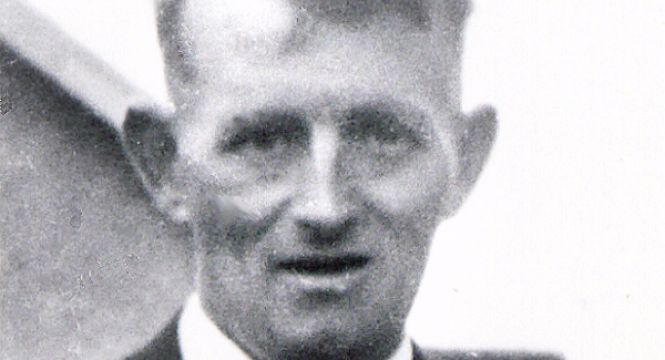The Supreme Court has dismissed an appeal aimed at compelling the State to establish an inquiry into the handling of the Garda investigation into the 1976 murder of a Co Louth man, Seamus Ludlow.
Giving the seven-judge court's decision the Chief Justice Mr Justice Frank Clarke said the court was not satisfied that there is an obligation on the State, either under the European Convention on Human Rights (ECHR), or under the Constitution, to conduct what he said would amount to an investigation into the investigation into Mr Ludlow's killing.
The appeal was brought by Thomas Fox, a nephew of Mr Ludlow, following the rejection of his proceedings, brought on behalf of the family, to have the State establish commissions of inquiry.
The appeal centred on the nature of the State’s obligations under European law to inquire into the circumstances of a death.
Circumstances of death
The Supreme court was asked whether Article 2 of the ECHR obliges the State to carry out an effective investigation or inquiry into the circumstances of a death, or whether any such obligation is confined to identification and punishment of the perpetrators of the crime.
A report by retired High Court judge Henry Barron previously stated the murder of 47-year-old Mr Ludlow, who had no paramilitary connections, was “a random, sectarian killing of a blameless Catholic civilian by loyalist extremists”.
Mr Ludlow was shot after leaving a bar in Dundalk and his body was found on May 2nd 1976 in a lane near his home.
Noone was ever charged in connection with the murder and his family say gardaí failed to pursue an important line of inquiry – that he was an innocent victim of either loyalist or British forces who mistook him for a senior member of the IRA.
Despite the RUC having identified suspects north of the Border, the Garda investigation was suspended after three weeks without explanation and on foot of what a Garda told the family were "orders from Dublin", they claimed.
An Oireachtas Committee said in 2006 it could not resolve why gardai did not follow up the RUC information but believed it was because of a direction by a former senior garda.
DPP recommendations
The family sought commissions of inquiry to examine failures in the Garda investigation and to look into what documents might have been created by the State authorities in respect of the murder.
The State maintained the murder investigation remains open and commissions of inquiry could not progress that.
It said the DPPs on both sides of the Border had recommended no prosecutions concerning four persons named in the Barron report as suspected perpetrators of the murder.
In 2015, then Minister for Justice Frances Fitzgerald apologised to the family over the "inexcusable" handling of the Garda investigation into the "callous, sectarian" murder but said there was no "new or substantial" information warranting commissions of inquiry.
After the High Court and Court of Appeal rejected the family’s case, the Supreme Court agreed to hear a further appeal.
Public interest
There is a public interest in clarifying the extent of the procedural obligations on the State under Article 2 of the ECHR and an appeal is also in the interests of justice as it “may bring finality” to the family, the court said.
In a judgment on Tuesday the court composed of Mr Justice Clarke, Mr Justice Donal O'Donnell, Mr Justice John MacMenamin, Ms Justice Elizabeth Dunne, Mr Justice Peter Charleton, Ms Justice Iseult O'Malley and Ms Justice Marie Baker all dismissed the appeal.

The real issue of controversy between the parties is as to whether there is a continuing obligation, either under the Constitution or under the ECHR as applied in the domestic law of the State, to conduct further inquiries.
If there was a realistic basis for believing that more could now be learned about the circumstances of the death of Mr. Ludlow, then such obligations might potentially arise, he said.
However, not being satisfied that there is any obligation, either under the Constitution or under the ECHR, to conduct a so-called “investigation into an investigation”, the Chief justice said he did not consider that it has been established that there are continuing obligations on the State to conduct further inquiries at this stage.







